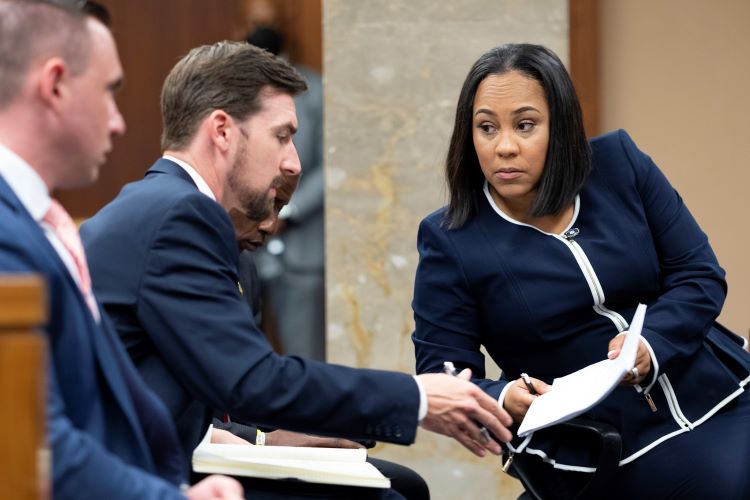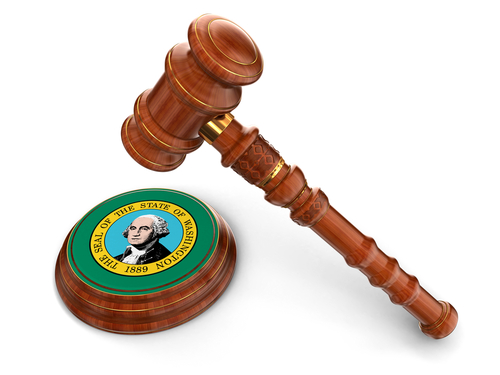Wells Fargo didn’t have contractual duty to catch scam check that cost law firm nearly $200K, judge rules
Banking Law
Wells Fargo didn’t have contractual duty to catch scam check that cost law firm nearly $200K, judge rules
July 21, 2022, 3:27 pm CDT
Image from Shutterstock.
A scammed law firm that wired nearly $200,000 to a Nigerian bank can’t recover the money from Wells Fargo, a federal judge in Pennsylvania has ruled.
The decision is a loss for Pennsylvania law firm Perlberger Law Associates and lawyer Hanna Perlberger, who didn’t know that the check that she received was forged before depositing it and wiring the funds to a purported client. Wells Fargo held the law firm responsible for the loss.
Wells Fargo is protected by its deposit agreement, which says its duty to exercise ordinary care doesn’t require it to examine deposits processed by automated means, ruled U.S. District Judge Gerald Austin McHugh of the Eastern District of Pennsylvania in a July 19 decision. The agreement also says the depositor is responsible when checks are returned unpaid, even if the funds have been withdrawn.
The bank is also protected by an agreement that says it is not liable for damages for processing wire transfers in good faith, McHugh said.
Law360, Law.com and Bloomberg Law have coverage.
Perlberger Law Associates was scammed after it agreed to collect a $199,550 debt for what it thought was a tool company in Florida. After Perlberger Law Associates demanded payment from a person purporting to represent the debtor, the law firm received a check for the full amount of the debt owed.
In June 2020, Perlberger deposited the check at an ATM because she was not permitted to enter her Wells Fargo branch because of COVID-19 concerns.
The next day, the law firm’s online bank account said the full amount of the deposit was available. Using wiring instructions that she had received from the purported client, Perlberger wired the money to what turned out to be a bank in Nigeria.
The deposited check turned out to be forged. The full amount was deducted from the law firm’s operating account.
McHugh said Perlberger Law Associates was bound by the account and wire agreements. There is no heightened, implied duty of good faith and no evidence in the record to support the existence of an implied contract, he said.
“The situation in which plaintiffs find themselves is deeply regrettable, stemming from a confluence of unfortunate events,” McHugh wrote. “In a sad irony, the admirable efficiency with which they acted to distribute funds to their ‘client’ contributed to their being victimized. But they have not advanced a theory of recovery for which there is a remedy recognized by law, and I am obligated to grant summary judgment against them.”
The contractual claim was the last remaining claim in the law firm’s lawsuit. McHugh had tossed other claims last year.
An appeal has been filed, according to Law.com.






